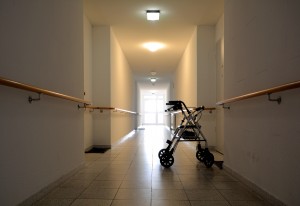
A study released in May determined that Texas has the worst nursing home record in the entire nation, a shocking discovery that shows how important it is for regulators to focus on improving the facilities, not just allowing anyone to have access to federal funds with zero guidelines for how the money will be used.
What Does all This Mean?
So, because nursing homes have been able to receive supplemental federal funding but have no rules as to how they must spend the money, we are continuing to see problems with these facilities. Unfortunately, Texas has strict limitations on lawsuits against local governments, meaning suing nursing homes for medical malpractice or negligence is not an option. Because there is no economic incentive to sue for damages against a local government, these facilities are getting away with providing inadequate care that has even resulted in resident deaths. While this new program is likely to be short-lived, it has already had an immediate impact on Texas and its nursing home residents. In 2014 alone, the number of nursing homes owned by local governments increased by about 200, which means that roughly one-fifth of the licensed nursing homes in Texas are owned by local entities who are not necessarily taking the proper steps to ensure they are up to code.
Under Texas law, in order to sue for damages against a local government, a person must prove that he or she was directly harmed by the “use of tangible personal or real property”. This means that if a nursing home resident is injured because a staff member left a door unlocked or leaves a resident in bed too long – resulting in bedsores – they cannot sue. Furthermore, Texas tort law caps damages at $100,000 for facilities run by local government entities, which is oftentimes not worth the cost and effort of suing. This new policy is frustrating to say the least and is causing a serious problem for advocates and nursing home residents alike.
If you or a loved one has been the victim of medical malpractice or negligence due inadequate care from a Texas nursing home, please contact Wormington & Bollinger today. We will go over your case with you in detail and help you understand your legal rights and how you can proceed.

